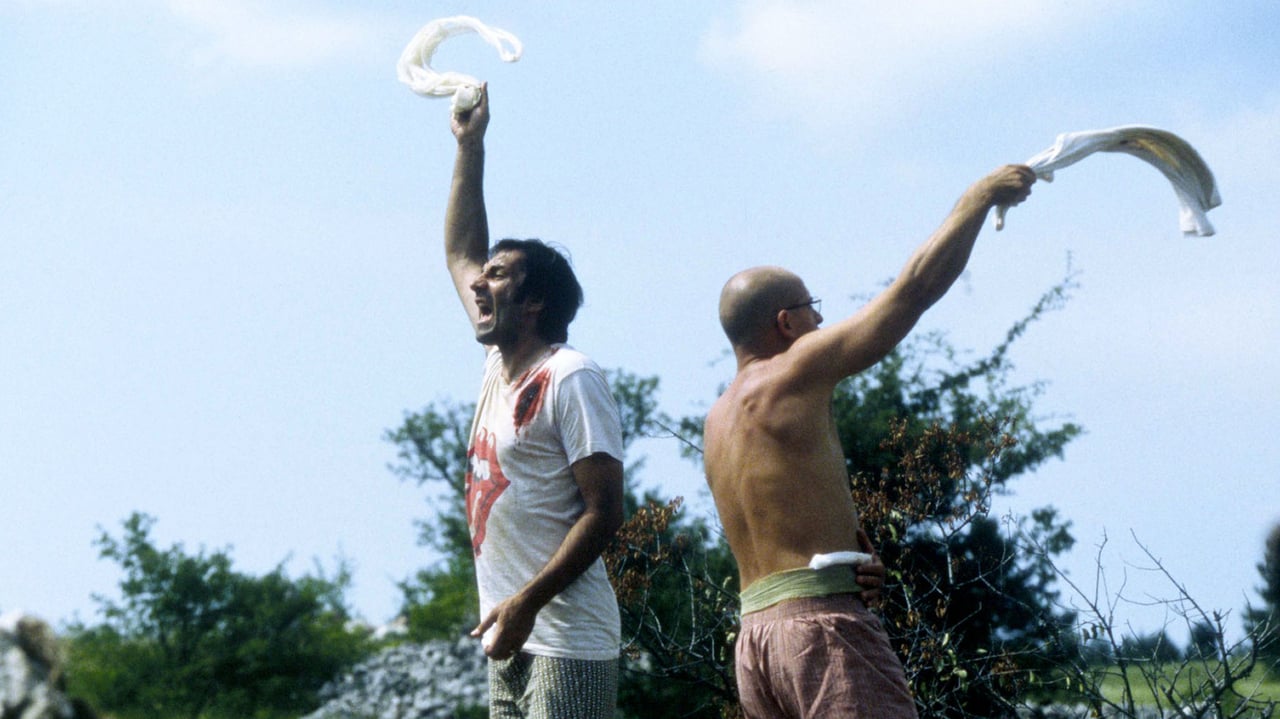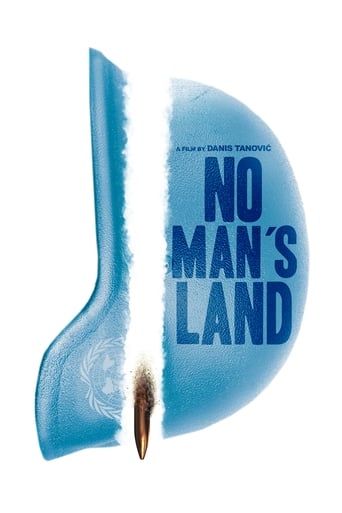

Why so much hype?
... View Moreeverything you have heard about this movie is true.
... View MoreEntertaining from beginning to end, it maintains the spirit of the franchise while establishing it's own seal with a fun cast
... View MoreThe plot isn't so bad, but the pace of storytelling is too slow which makes people bored. Certain moments are so obvious and unnecessary for the main plot. I would've fast-forwarded those moments if it was an online streaming. The ending looks like implying a sequel, not sure if this movie will get one
... View MoreDanis Tanovic's film 'No Man´s Land' is a realistic portrayal of a war scenario, with all its absurdity and uselessness. Through beautiful cinematography, flawless direction and outstanding performances, it manages to capture the depth of human conflict and at the same time, provide some memorable moments of stinging, black humor, which makes the film both highly intelligent and entertaining. Oscar for 'best foreign film', well deserved. 9/10.
... View MoreThis the only movie I will rate 10 out of 10. Why you will ask yourselves? It is simple. I had the same idea, and if I became a movie director I would of made that film.I knew Danis Tanovic since we were teenagers. He is a great person in every sense! A real gem of this world, rare to find in this dangerous world of ours. Since the war came to our unfortunate land I came up with the idea for this film and idea for a movie that later became Circus Columbia. I told Danis if we are to survive the war he or I will make those films. He went on to be successful movie director and I well, film critic on IMDb.com. I did not think that Danis was to succeed. There was so much going against him. Serbs wanted to get a piece of his Muslim butt, like all Muslims he was a target to be executed when captured by the remnants of the Yugoslav Army which quickly turned into Serb Army. Luckily that did not happen, Serbs failed to kill or chase out of Bosnia-Herzegovina all Muslims and Croats they wanted to. And look at him, Danis is an Oscar winning movie director! What to say but congratulations and felicitations! The film is perfect in every sense, a true anti war film. It makes you wish that people should not wage war on each other, but it seems impossible wish. The only way to experience that masterpiece is to watch the film yourselves. Pleaase make your lazy Anglo-Saxon butts read and understand the dialog. It really is a gem! And if you want to find that no mans land in the real life take a drive between Trebinje, Bosnia-Herzegovina and Dubrovnik, Croatia. It is a true no mans land!
... View Moreit is a war film. but out of usual definition. an analyze of its roots. picture of solitude. and map of limits. three men. a war. and UN force. words, expectation, fear, friendship, cowardice, insecurity, and image of West about barbarian Balkans. can be Kusturica if the image was not so bitter. because, more than artistic work, it is slice of many existences. with crumbs of Beckett or Ionesco, with shadows of blind politics, with mixture of hate and desire to be more than silhouette on a battle camp. the story is smart, the performance - real good. drawing of survive, it remains testimony about traces of deep tragedy. and question. about values and sense , about price of sacrifice and role of insignificant accidents.
... View MoreI saw this early this morning at the a film festival in Gotemburg.The director was there and all.It's a very frightening anti-war film that has three main characters two of them are Bosnian's and one of them is a Serb.They are soldiers but also normal men.And war makes hate.This is a very symbolic film I would call a masterpiece.Those three persons together shows what war is:HELL.The director Danis Tanovic himself says that it's of course about just this war but it's not like if you see this film in ten years you wont understand it.During their time on no man's land they are civil to each other but the conflict continues and in the end that's what is most important.The final scene of the film is superb.A film that will go to film history.Worth to see by everyone
... View More